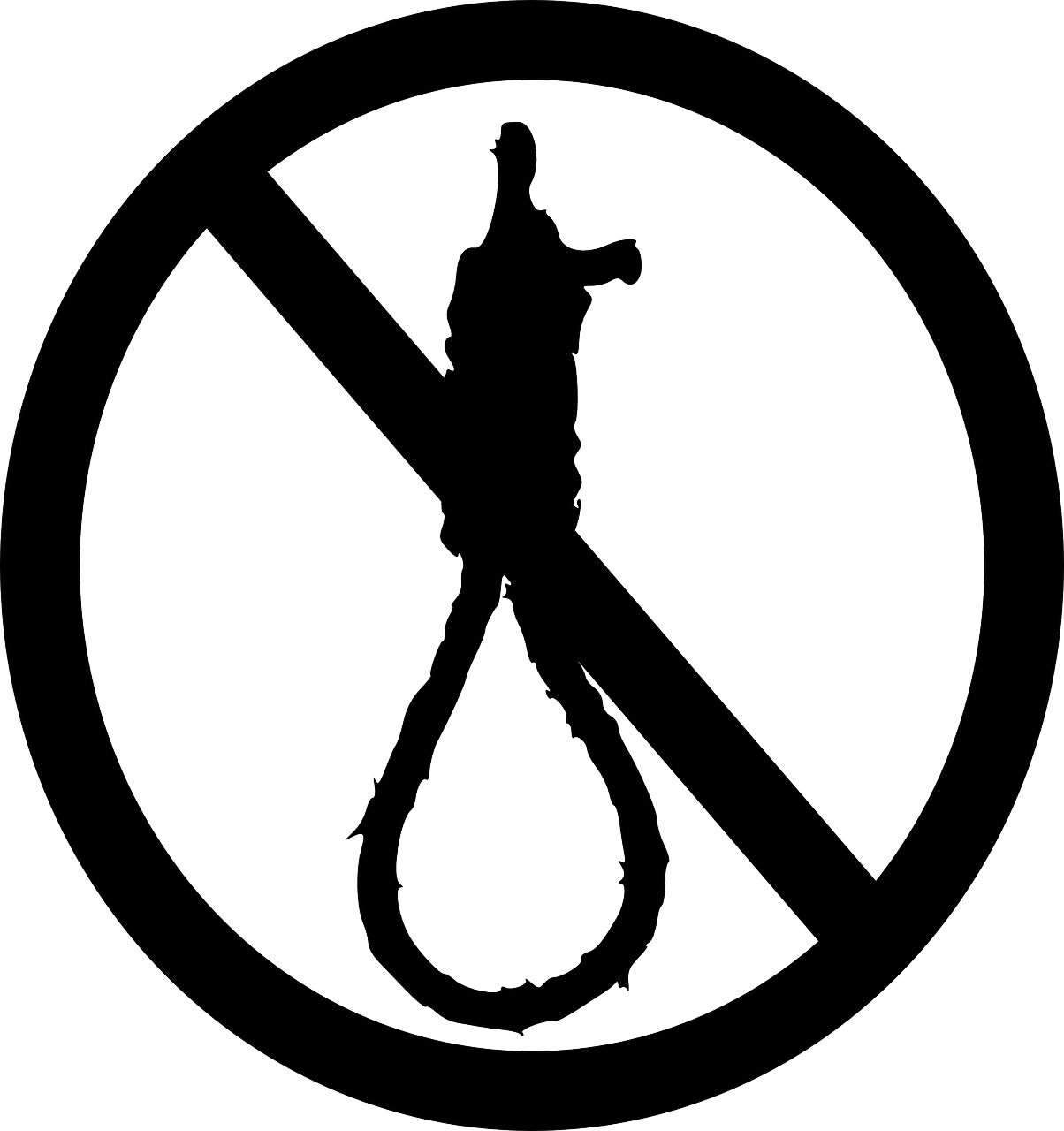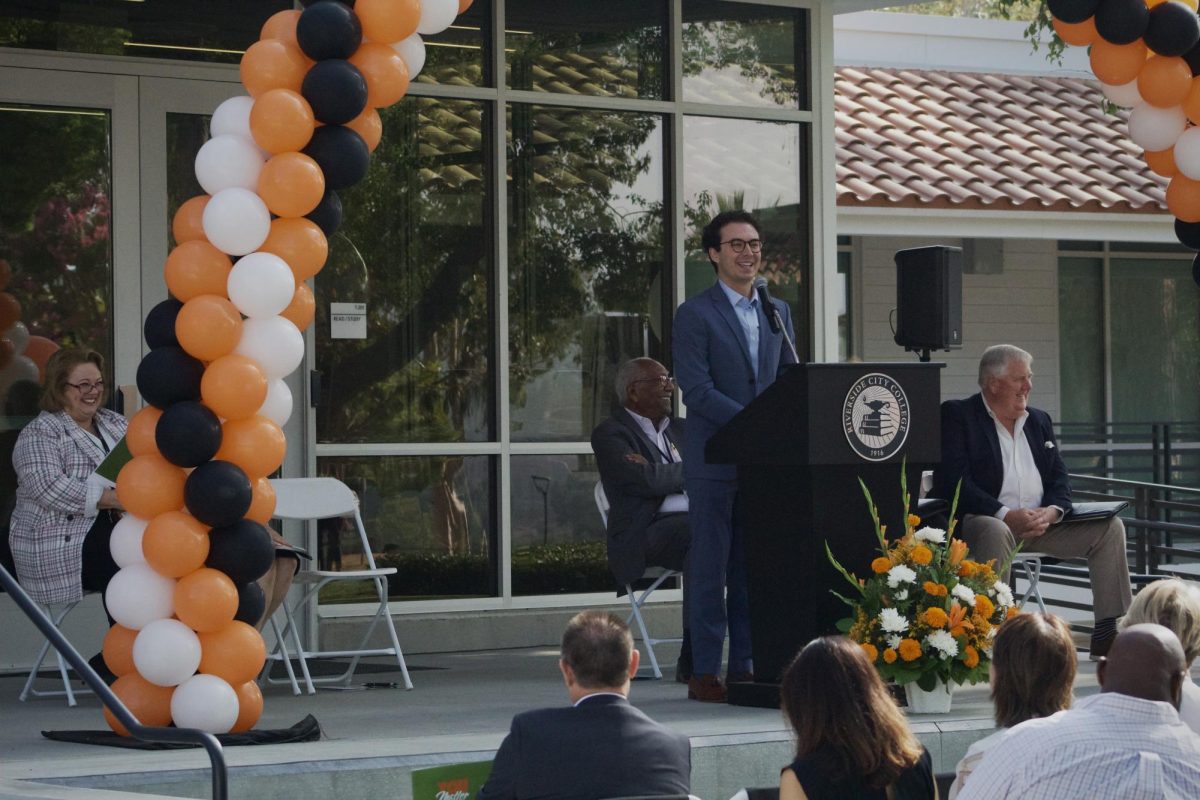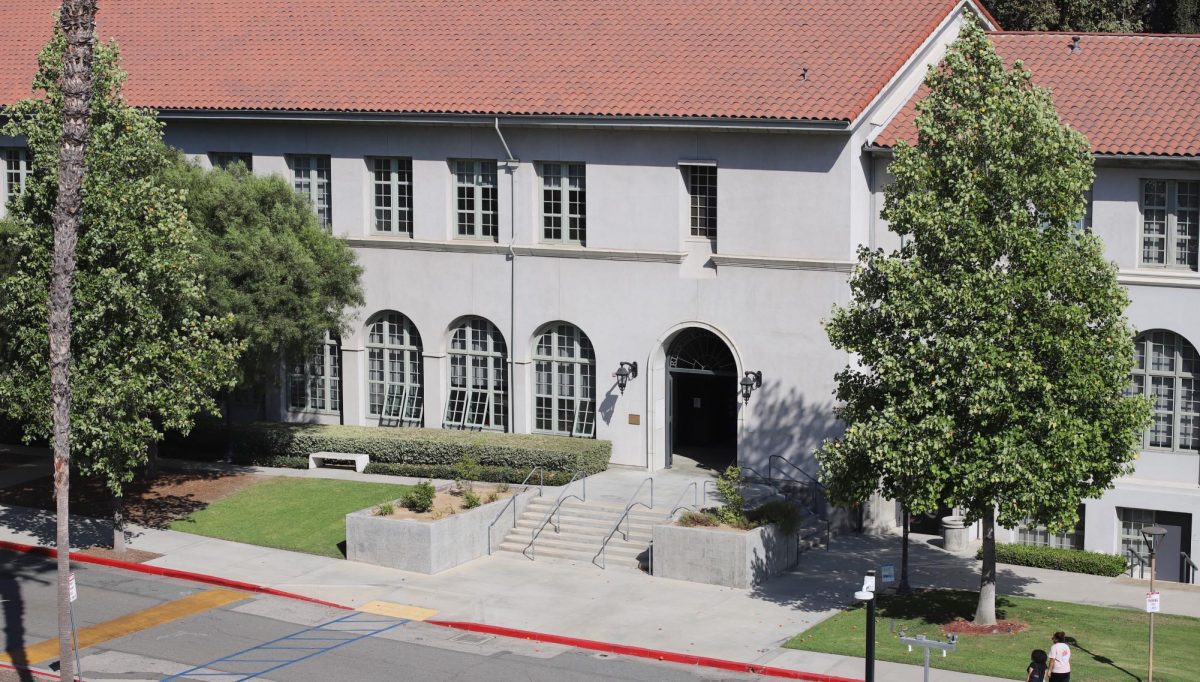By Jonathan Van Niel
 On Nov. 8, California voters will be asked to choose between remaining in the dark ages of judicial corporal punishment, or progressing forward towards a more ethical and fiscally responsible methodology.
On Nov. 8, California voters will be asked to choose between remaining in the dark ages of judicial corporal punishment, or progressing forward towards a more ethical and fiscally responsible methodology.
Proposition 62 advocates the abolishment of capital punishment altogether, making life imprisonment without parole the state’s maximum penalty.
In contrast, Prop. 66 argues that the death penalty is an acceptable sentencing, and rather than banning it, seeks to reform it through “speeding up” the process.
“Proposition 66 is the answer Californians are looking for,” said Riverside County District Attorney and Prop. 66 Regional Chairman Michael Hestrin in an op-ed published by the Times of San Diego. “The goals behind Prop. 66 are laudable and more in line with the thinking of the California electorate that voted to reinstitute the death penalty, to begin with—mend it, don’t end it.”
While D.A. Hestrin proclaims that Californians are clamoring for the execution of those convicted of the most heinous crimes, such an assertion gravely mischaracterizes the state electorate.
According to a Field Poll conducted this Jan., California capital punishment is divided near-evenly among voters, with 48% being in favor of the death penalty and 47% in favor of replacing it with life imprisonment without parole. Advocates for abolishing the death penalty have increased by 7% since 2014.
“It’s good to see that there is continued strong movement away from support for the death penalty in California,” said Executive Director of Death Penalty Focus Matt Cherry in an interview with Mercury News. “We are confident that when Californians learn the facts they will vote to end this failed experiment with the death penalty and replace it with justice that works.”
Among those facts is California’s reinstatement of the death penalty has cost taxpayers over $4 billion since 1978. According to a 2011 Assessment of Costs study, if the sentences of those remaining on death row were commuted to life without parole, it would result in an immediate savings of $170 million per year, with a savings of $5 billion over the next 20 years.
In his aforementioned op-ed, D.A. Hestrin argues against the annual savings projected by the passage of Prop. 62: “one would still have to concede that the savings is a paltry drop in the bucket compared to the vast size of California’s budget and hardly the worst use of taxpayer funds.”
Californians should be relieved that D.A. Hestrin does not run the state economy, as his views are both alarming and dismissive of the benefits such funding can have on our state’s communities. Imagine if the millions of dollars in annual savings from abolishing the death penalty was promised to California schools. Such “paltry drops” can yield a positive impact on our state’s youth, which is never a bad investment.
Wouldn’t investing in the education of our state’s youth be the more responsible, humane thing to do? Surely access to better schools would reduce a number of offenders, as a lack of quality education is intrinsically linked to poverty and, subsequently, crime.
Advocates for capital punishment may argue that while ending California’s practice of the death penalty would save the state several millions of dollars, the victims and families left behind, as D.A. Hestrin states, “don’t deserve anything less than justice.”
I pose readers a question: Is the killing of a killer not hypocritical in nature? If killing is worthy of a death sentence, who is to execute the executioners?
Let us be clear: Vengeance is not justice. The death penalty is an archaic, inhumane form of punishment, and it is time to join the civilized world by abolishing it from our judicial system. A vote for Prop. 62 and a vote against Prop. 66 is a step in that direction.










